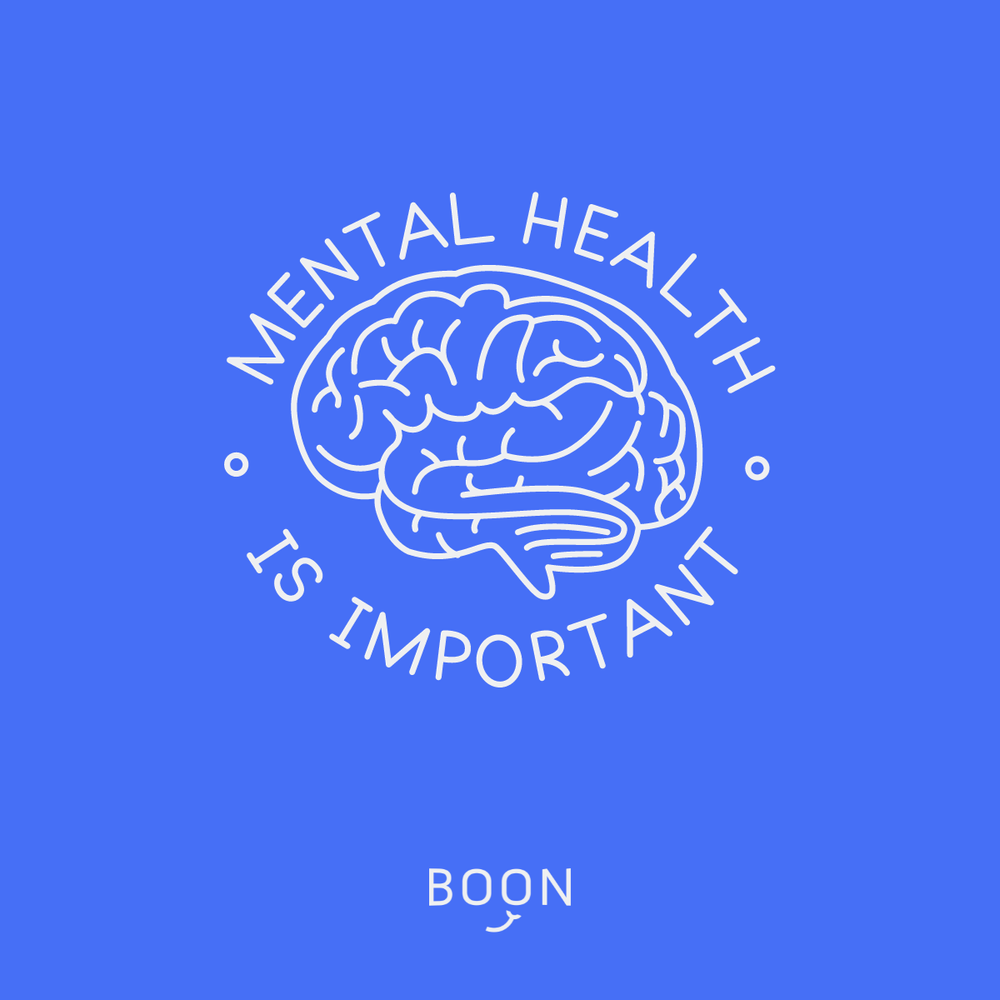World Mental Health Day was born from a need to raise awareness of mental health issues around the world. The goal was to mobilize efforts to support mental health. This day provides us with an opportunity to shine a spotlight on the need to make mental health care a reality for all people worldwide. As the bedrock of our emotional well-being, mental health affects our relationships, our professional experiences, and our overall satisfaction and fulfillment. Mental health is a critical part of the human experience; why isn’t it a bigger part of our day-to-day conversations?
Why Aren’t We Talking to Each Other?
Recently, I’ve had conversations about why we seem to clam up when it comes to talking about our mental well-being. Here are the themes that shook out:
Stigma
- We’ve come a long way when it comes to destigmatizing mental health, being seen as “broken,” and being discriminated against. However, being socially isolated still plays a significant role in keeping things to ourselves.
- We fear the mentally ill “label” will stay with us permanently. We fear those around us will forever see us as impaired, no matter what progress we make over time.
Fear of Judgment
- Most people still carry the crippling fear that those we love and respect will view us as weak, inadequate, or unstable if we share our struggles.
- We fear that if we disclose our struggles, others might pity us or treat us with kid gloves.
Privacy
- Mental health is a deeply personal and private matter for most people, and we may be uncomfortable sharing our innermost thoughts and feelings with others, even if it’s with a therapist or counselor.
Cultural and Familial Conditioning
- Cultural and familial “rules” and expectations can play a significant role in how we do or do not speak about mental wellness issues. We may have received messages early on from our families or cultures that even experiencing mental health issues is a sign of weakness. This messaging makes talking about those issues impossible, as they reinforce the trope of mental health issues as a sign of weakness.
Concern for Professional Consequences
- We’re worried about how admitting we’re struggling mentally might influence our brand in the workplace, especially if we’ve had a negative experience after doing so in the past.
- Most people fear being passed over for promotions, high-profile projects, and leadership opportunities if their leaders know they are or have experienced issues with their mental wellness
Inadequate Support Systems
- Some feel that those in their circle lack empathy and might not be able to understand what they’re going through fully
Having received some version of any of the following statements when you’ve opened up in the past:
- “You just need to push those thoughts away.”
- “Be grateful for what you have…there are people who are so much worse off.”
- “Just perk yourself up; you’ve got this!”
- “You’ll be fine; just keep going.”
Negative Self-Talk
- Deep feelings of shame make it even more challenging to seek help or share your issues openly.
- Feeling that sharing with family or friends makes you a burden
Coping Mechanisms
- Developing coping mechanisms designed to keep mental health struggles hidden from others or don’t address root issues
- Internalizing mental health struggles as a means to cope with them
What Can We Do?
I encourage you to think of this year’s World Mental Health Day as a call to action! Together, we have an opportunity to dismantle the stigmas and negative interpretations created around mental health issues.
Don’t know where to start? Consider one of these:
Initiate one conversation this week about your mental health struggles (past or present)
- What would you like to share about your own experiences?
- Who might you share them with?
Initiate one conversation this week with someone who might be silently struggling with their mental health. It’s essential to recognize that the decision to disclose or discuss mental health is deeply personal and should be made in a way that feels safe and comfortable for the individual.
- How might you approach that conversation?
- How will you make sure you’re offering a supportive and non-judgmental ear?
- How will you follow their lead and not push them too far outside their comfort zone?
How will you do your part to undo some of the negative conditioning you’ve received around not speaking up about your mental health issues?
Interested in learning more about how Boon can help you and your teams?
Boon Coach Tricia Gehl

